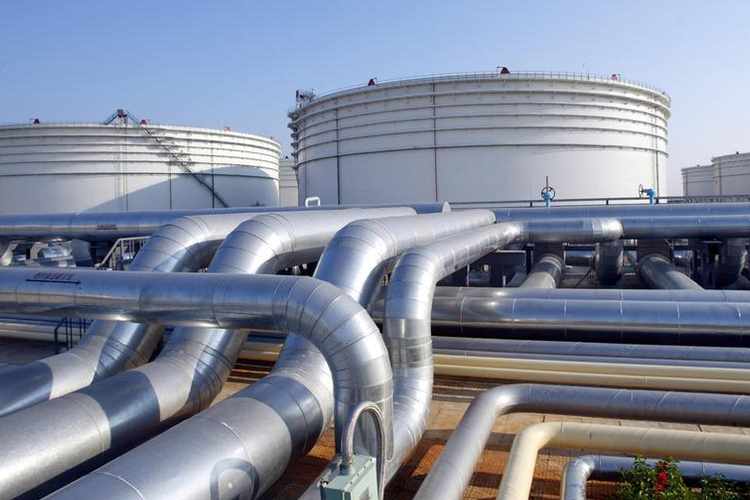Asia looks to release oil reserves after U.S. request

Governments from some of the world’s biggest economies said on Thursday (Nov 18) they were looking into releasing oil from their strategic reserves, following a rare request from the United States for a coordinated move to cool global energy prices and ahead of a meeting of major oil producing countries.
The Biden administration has asked a wide range of countries, including China for the first time, to consider releasing stocks of crude, the White House said on Thursday. Other major consumers India, Japan and South Korea were also involved in discussions, several people familiar with the requests told Reuters on Wednesday.
As the world economy rebounds from the pandemic, Washington is frustrated that producers in OPEC+, the Organization of the Petroleum Exporting Countries and allies such as Russia, have rebuffed US requests to speed up oil supplies.
With gasoline prices and other costs rising, Democratic US President Joe Biden also faces political pressure ahead of midterm congressional elections next year. A Reuters poll in October showed 67 per cent of US adults agreed that inflation is a very big concern.
Members of Biden’s national security team had discussed the need to meet fuel demand, White House spokesperson Jen Psaki said on Thursday.
“That is an ongoing conversation and one we are having with a number of partners,” Psaki added.
OPEC+ plans to meet on Dec 2. The group has taken a slower approach to boosting output, viewing the economic recovery as too fragile to justify more supply.
Oil prices sank about 4 per cent to a six-week low after Reuters reports about the US request and China’s decision to release some crude, before recovering some ground on Thursday. Oil prices have retreated from recent highs in anticipation that world supply will rise.
China’s state reserve bureau told Reuters it was working on a release of crude oil reserves, but declined to comment on the U.S. request.
The United States has the largest strategic reserve at more than 600 million barrels. The US SPR was set up in the 1970s after the Arab Oil Embargo to ensure the nation had adequate supply to weather an emergency.
In the last several years, the shale boom has pushed US output to rival that of Saudi Arabia and Russia. That has enabled the United States to become less dependent on energy imports from other nations, particularly members of OPEC.
The considerations highlight frustrations of importers such as the United States and India with a cartel that has influenced oil prices for over five decades.
It would also mark the first time that China, the world’s No 2 oil consumer and largest importer, would be involved in a coordinated release with the United States.
There was no immediate official reaction from OPEC+ members. The group has been raising output by 400,000 barrels per day (bpd) per month, gradually unwinding record production cuts made in 2020 when the pandemic sank fuel demand.
This week, Secretary General Mohammad Barkindo said OPEC expects an oil supply surplus to begin building next month. In September, exports from Saudi Arabia rose to 6.52 million bpd, the highest since January.
One OPEC source who asked not to be named said it would be surprising to see consuming countries release stocks to lower prices rather than to meet a supply shortage.
However, other countries have been pressing OPEC for some time, including China and India.
“This is not a case of supplies not being available,” Hardeep Singh Puri, India’s oil minister, told a conference in Dubai on Wednesday. “There are 5 million barrels a day of supplies available which have not been released for whatever reason.”
While OPEC+ has been raising oil output by 400,000 bpd per month since July, the producer group still has about 3.8 million bpd in supply cuts that it has not yet returned to the market. OPEC+ in April 2020 cut output by more than 10 million barrels a day in response to the swift spread of the coronavirus pandemic.
The United States and its allies have coordinated strategic petroleum reserve releases before, such as in 2011 when supplies were hit by a war in OPEC member Libya. Coordination has been handled through the Paris-based energy watchdog the International Energy Agency, whose membership includes the United States, Japan and numerous European nations.
The United States, however, did not ask the European Union for its participation, according to a source familiar with discussions, saying Europe’s primary problem has been related to higher natural gas prices.
The IEA, on its website, said such releases are not meant for price intervention. Both Japan and South Korea were contacted by the United States, and both said they do not release reserves simply to deal with rising prices.
Source: Reuters





